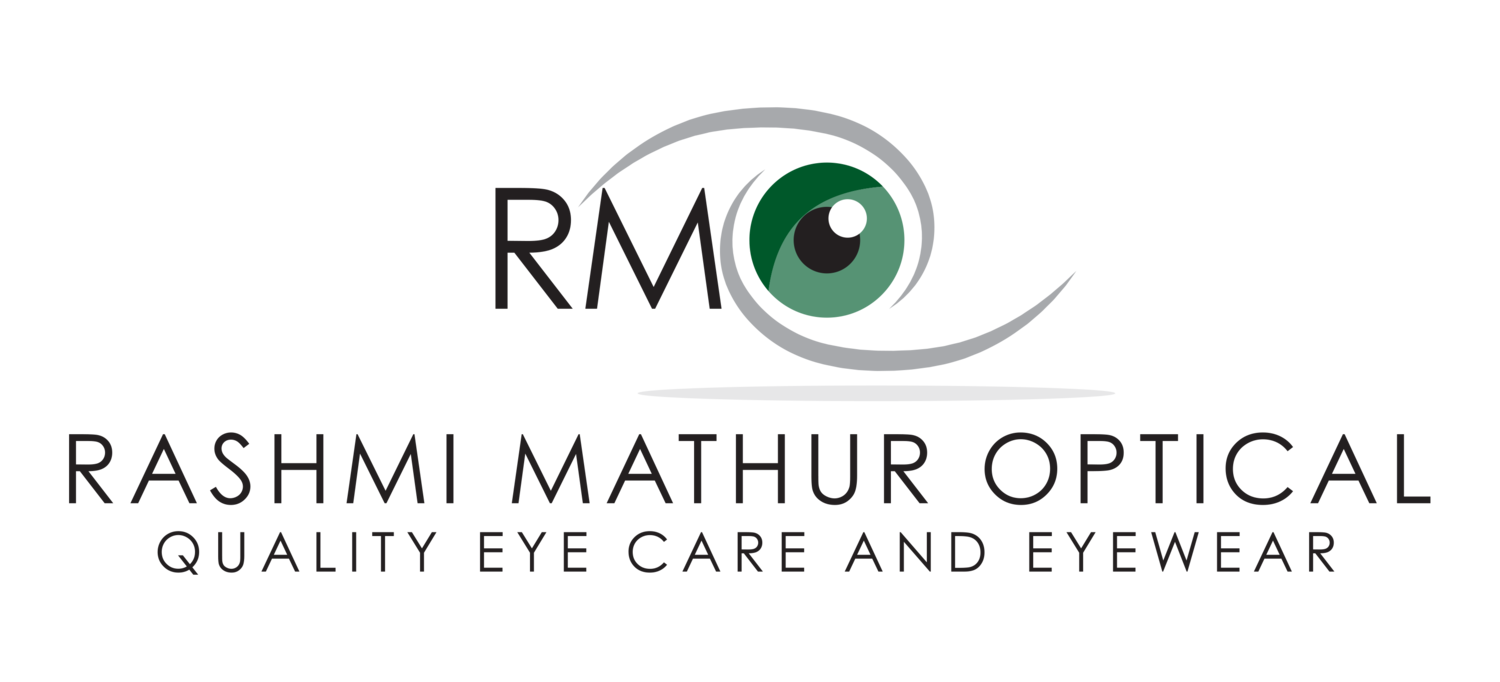Our response to COVID-19
A year and a half ago, we seemed to be relatively unscathed by the furore of COVID-19 but in the last few months have faced the most dangerous and devastating time for us as a country.
Vaccines are undoubtedly the way out and forward but so far we are at just 30% vaccinated. Until we are 50-70% vaccinated as a country, the children won’t be back at school, “normal” will remain a long way away, seeing the people close to us family and friends remains unsafe practice.
At RMO, we are all fully vaccinated which definitely allows us a layer of extra protection.
For appointments we have implemented the following:
One in, one out policy. Appointments will be spaced out to give us adequate time to properly disinfect after each patient and to avoid any gathering.
We will ask that you come alone (unless you physically need help)
Temperature check.
You can rest assured that with our up-to-date, automated equipment that your eye exam will be carried out in a sterile and safe way.
Direct ophthalmoscopy which involves proximity between Patient- Optometrist to check the back of the eyes (retina) will be fully replaced by retinal cameras, OCT (Optical Coherence Tomography) and Indirect Ophthalmoscopy
Intra Ocular Pressures will be checked with a Goldman Tonometer rather than the air puff (Pulsair)
Door handles, chairs, instruments and other surfaces will be sterilised after each patient.
Our staff will be wearing masks and face shields.
What we ask of you
Please let us know if you have any flu-like symptoms (fever, cough, runny nose) or have been exposed to someone who has tested positive in the two weeks prior to your appointment. The incubation period for COVID -19 is 0-14 days.
Wash hands upon entry.
Wear a mask covering your nose and mouth.
Is there virus transmission through the eyes and tears? - It is possible.
Obviously the biggest risk is if someone who has the virus , coughs or sneezes directly into your face and eyes.
If you touch a contaminated surface and then rub your eyes there is a 1-3% risk of transmission. Do NOT touch or rub your eyes. If your eyes are prone to getting itchy or dry use lubricants and anti-histamines before you leave the house.
30% of people who end up in hospital in the ICU have gone on to develop viral conjunctivitis (pink eye).
Masks
Researchers still have a lot to learn about COVID-19 but its clear that you’re more likely to catch it from being around someone who has actually has it (who may even be asymptomatic) as compared to touching a contaminated surface. Talking, sneezing and coughing all produce aerosol particles. Vaccinating, masking and washing hands are our best defence.
For homemade masks use a hybrid formula for maximum protection and breathability.
Cotton–silk
Cotton–chiffon
Cotton–flannel
*Use cotton with a high thread count (because of the smaller holes). The combination allows for 80% filtration of particles <300 nanometres.
Wearing glasses
Glasses definitely will protect your eyes and stop you touching them. The problem is that people are touching their faces more because of lenses fogging up.
Remember to wash your glasses at the end of the day.
Some tips to prevent glasses fogging
Try lining the inside of your mask with a tissue to absorb moisture.
The material of the homemade mask matters.
Use anti-fog lens treatment wipes (only for non anti reflective treated lenses).
Clean and wipe the glasses/lenses with a dilute solution of soapy water before putting them on.
Can I wear contact Lenses?
We would recommend glasses over contact lenses at this time but yes, you can wear them.
Thoroughly wash and dry your hands prior to handling contact lenses.
Single use disposable lenses are best at this time.
If you wear lenses that are on a longer replacement cycle or RGP’s/Sclerals, please be meticulous with hygiene and sterilisation at the end of the day when you get them out.


